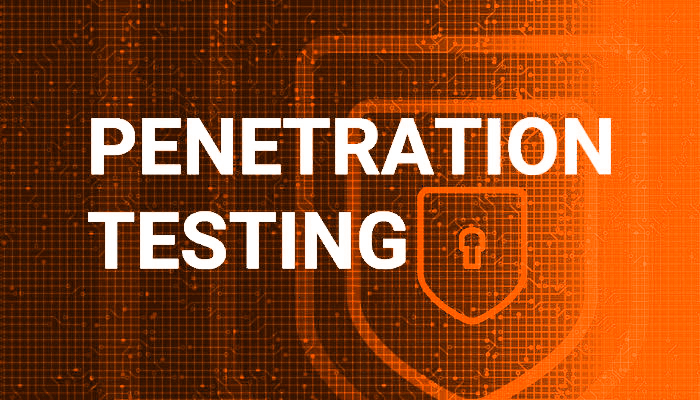In an age where technology permeates every aspect of our lives, cybersecurity has become paramount. With the increasing sophistication of cyber threats, it’s no longer sufficient to merely implement security measures and hope for the best. Instead, organisations must adopt proactive approaches to identify and mitigate vulnerabilities before they are exploited by malicious actors. This is where penetration testing comes into play.
Penetration testing, often referred to as pen testing or ethical hacking, is the practice of simulating cyberattacks to evaluate the security of an organisation’s systems, networks, and applications. By mimicking the tactics of real attackers, penetration testers can uncover weaknesses and assess the effectiveness of existing security controls. In essence, it’s like stress-testing a building to ensure it can withstand earthquakes or other natural disasters.
As we venture further into the digital age, the role of penetration testing has become increasingly vital. Here’s a closer look at why it’s so essential in 2024:
Growing Cyber Threat Landscape:
The threat landscape is constantly evolving, with cybercriminals employing ever more sophisticated techniques to breach systems and steal sensitive information. From ransomware attacks targeting critical infrastructure to supply chain compromises affecting countless organisations, the stakes have never been higher. Penetration testing provides a proactive defence against these threats by identifying vulnerabilities before they can be exploited.
Compliance Requirements:
Regulatory requirements surrounding data protection and cybersecurity have become more stringent in recent years. Organisations in various industries are subject to standards such as GDPR, HIPAA, PCI DSS, and others, which mandate regular security assessments and audits. Penetration testing helps organisations demonstrate compliance with these regulations by identifying and addressing security gaps.
Emergence of New Technologies:
With the rapid adoption of emerging technologies such as cloud computing, IoT (Internet of Things), and AI (Artificial Intelligence), new attack vectors are constantly emerging. Penetration testing helps organisations stay ahead of the curve by assessing the security implications of these technologies and identifying potential vulnerabilities before they can be exploited.
Protection of Intellectual Property and Assets:
Intellectual property theft is a significant concern for many organisations, particularly those in highly competitive industries. Penetration testing helps safeguard valuable intellectual property and assets by identifying weaknesses in systems and applications that could be exploited by malicious actors seeking to steal or sabotage sensitive information.
Preservation of Reputation and Customer Trust:
A data breach or security incident can have far-reaching consequences for an organisation’s reputation and customer trust. In today’s hyper-connected world, news of a breach spreads rapidly, damaging brand credibility and eroding customer confidence. By conducting regular penetration testing and addressing vulnerabilities proactively, organisations can demonstrate their commitment to security and reassure customers that their data is safe.
Shift Towards DevOps and Agile Development:
The adoption of DevOps and Agile development methodologies has accelerated the pace of software development, enabling organisations to deliver new features and updates more quickly than ever before. However, this rapid pace can also introduce security risks if proper controls are not in place. Penetration testing helps integrate security into the development process, ensuring that security considerations are addressed early and often throughout the software development lifecycle.
Cybersecurity Skills Shortage:
The demand for cybersecurity professionals far outweighs the supply, leading to a shortage of skilled personnel in the field. Penetration testing offers organisations a cost-effective solution to this challenge by leveraging the expertise of ethical hackers and security professionals to identify and remediate vulnerabilities. Additionally, advancements in automation and artificial intelligence have made penetration testing tools more accessible and user-friendly, further lowering the barrier to entry for organisations seeking to enhance their security posture.
In conclusion, penetration testing plays a crucial role in safeguarding organisations against cyber threats in 2024 and beyond. By proactively identifying and addressing vulnerabilities, organisations can strengthen their security posture, comply with regulatory requirements, protect valuable assets, and preserve their reputation and customer trust. As the digital landscape continues to evolve, penetration testing will remain an indispensable tool in the fight against cybercrime.

